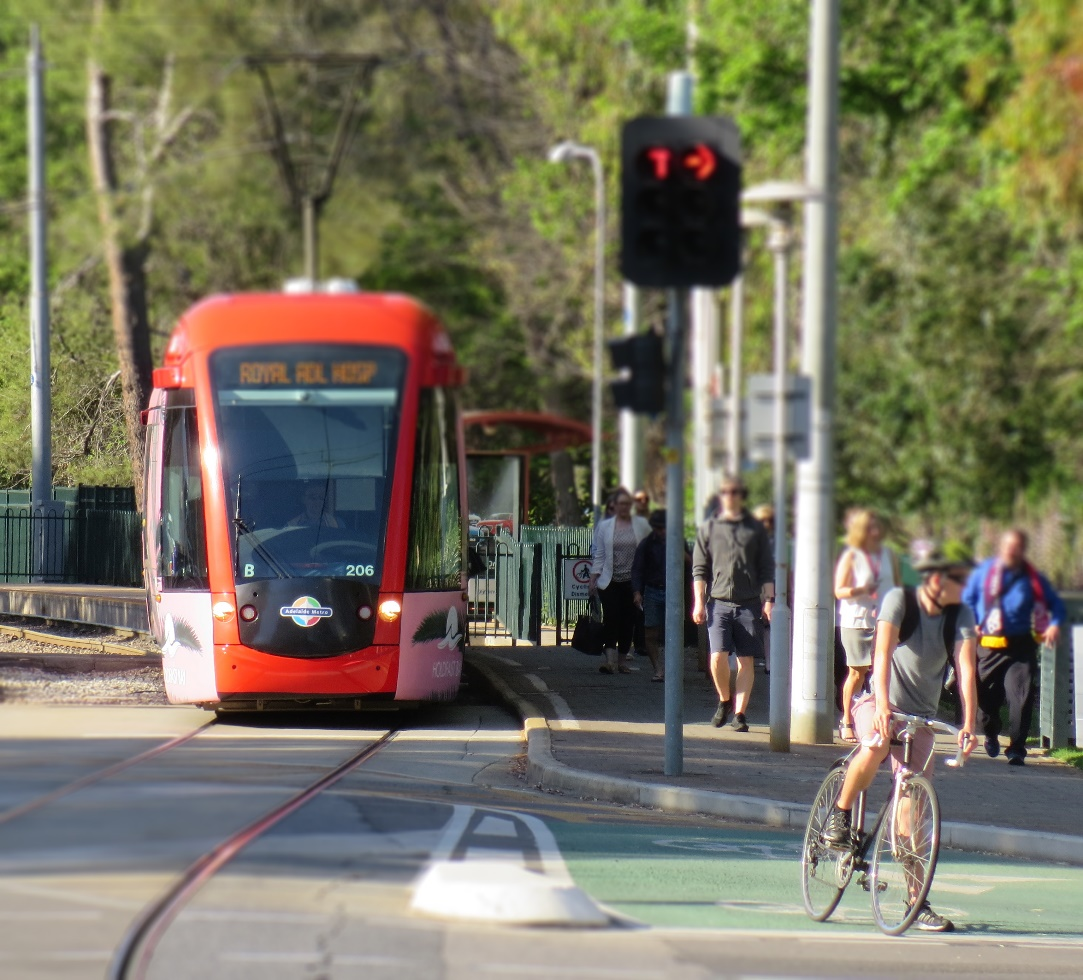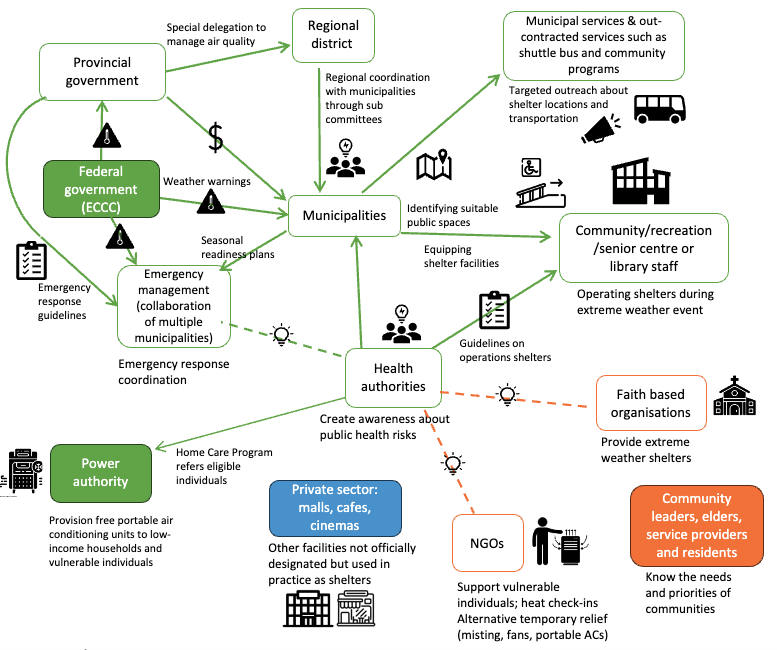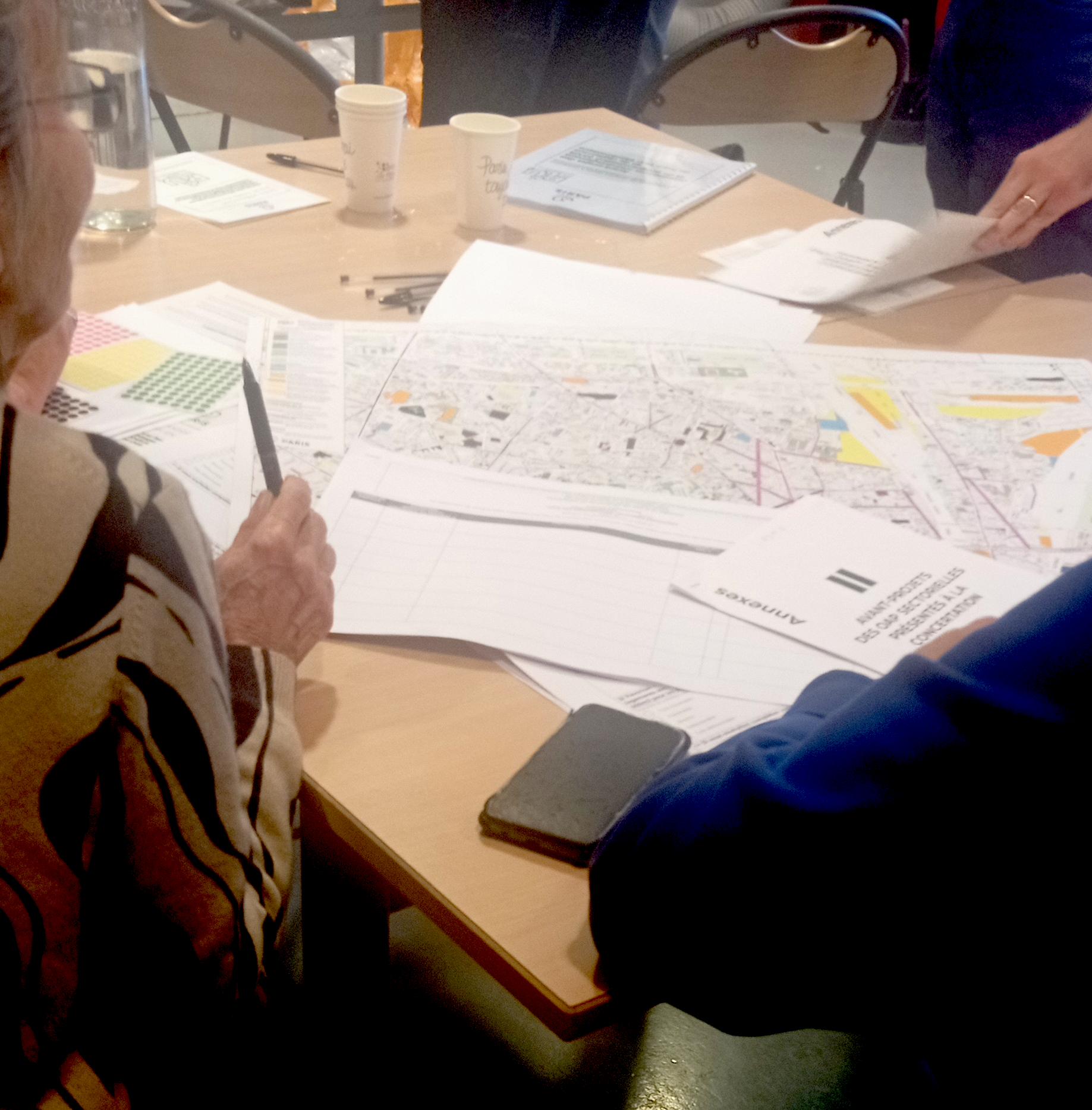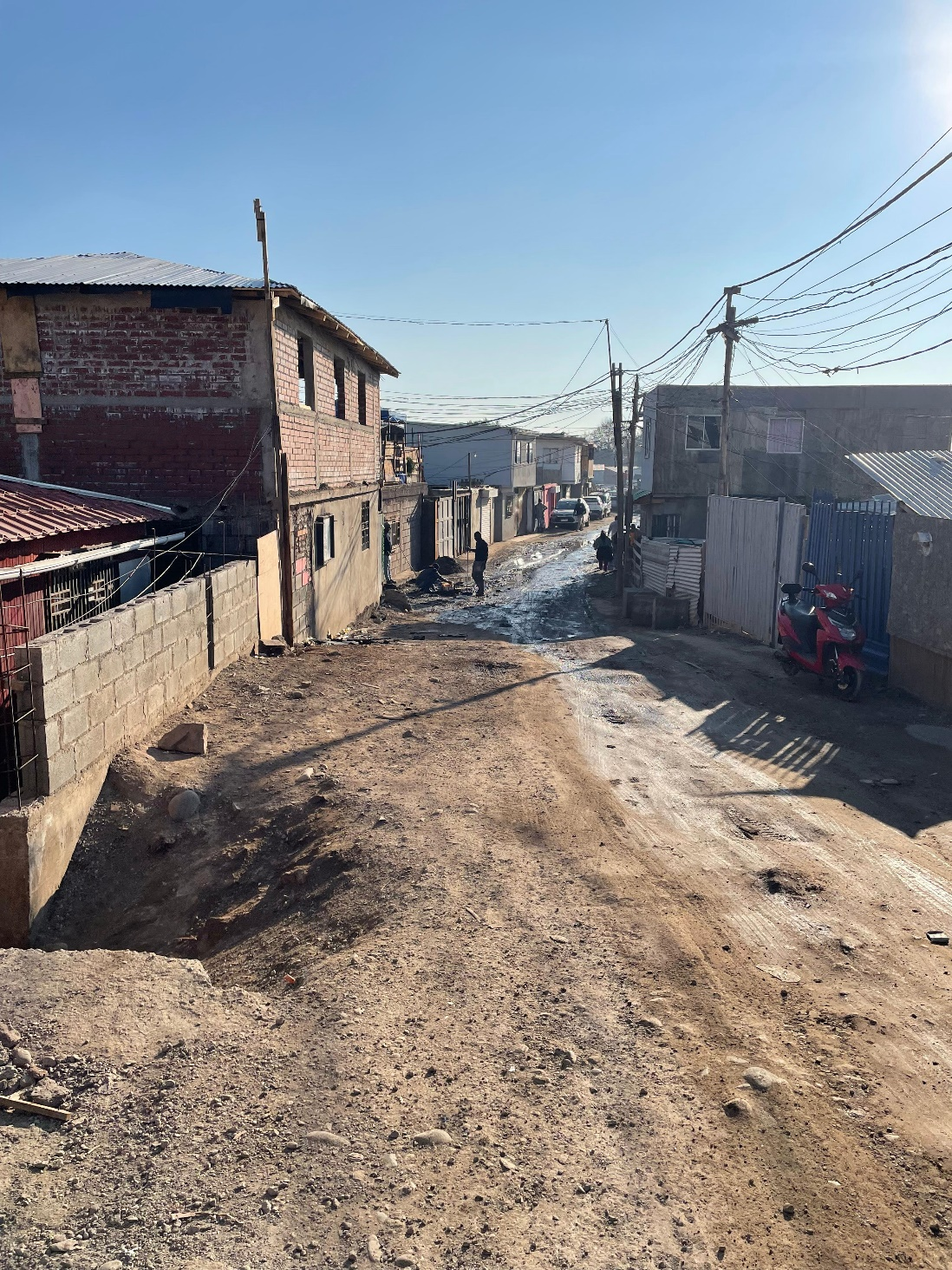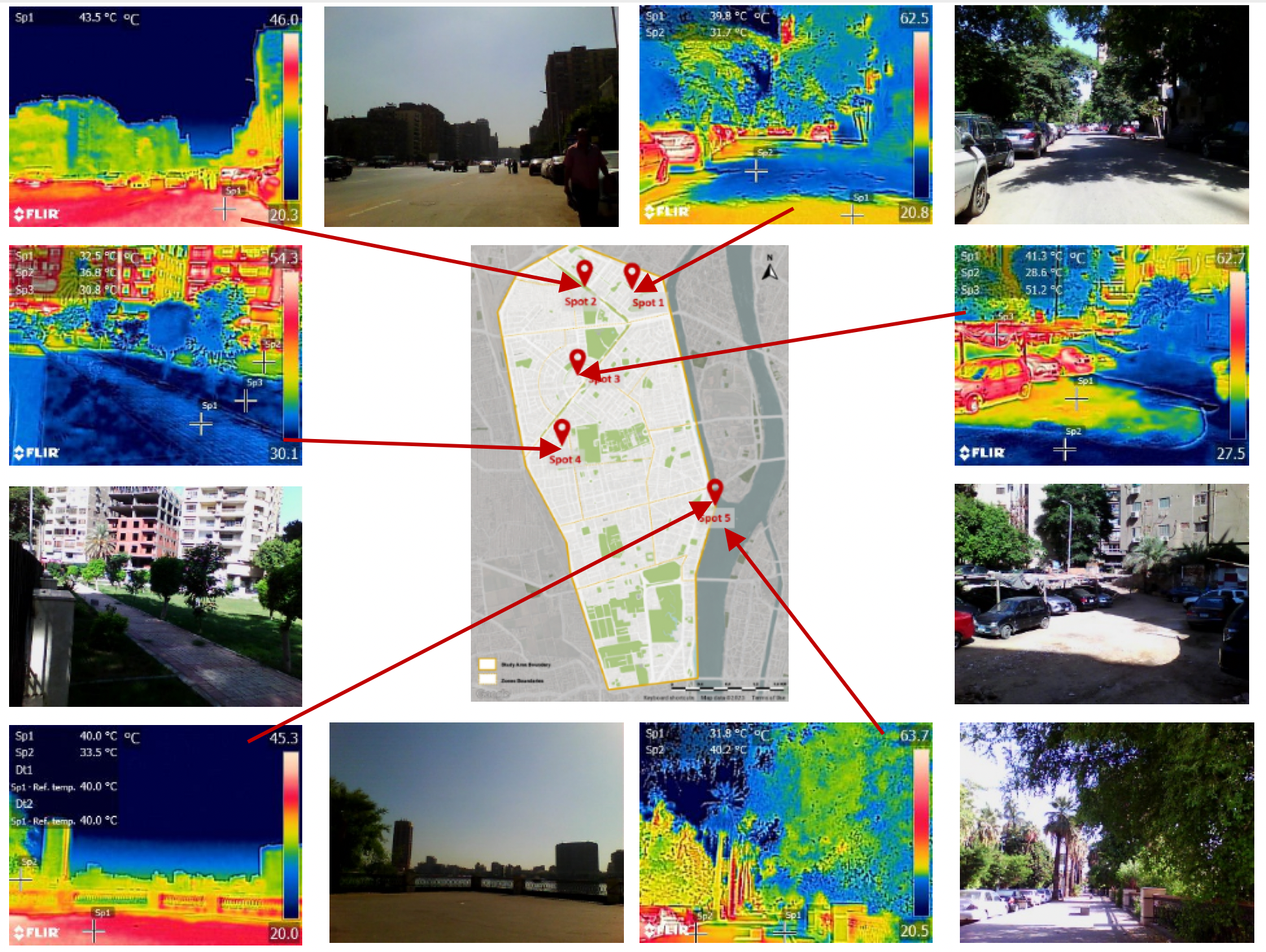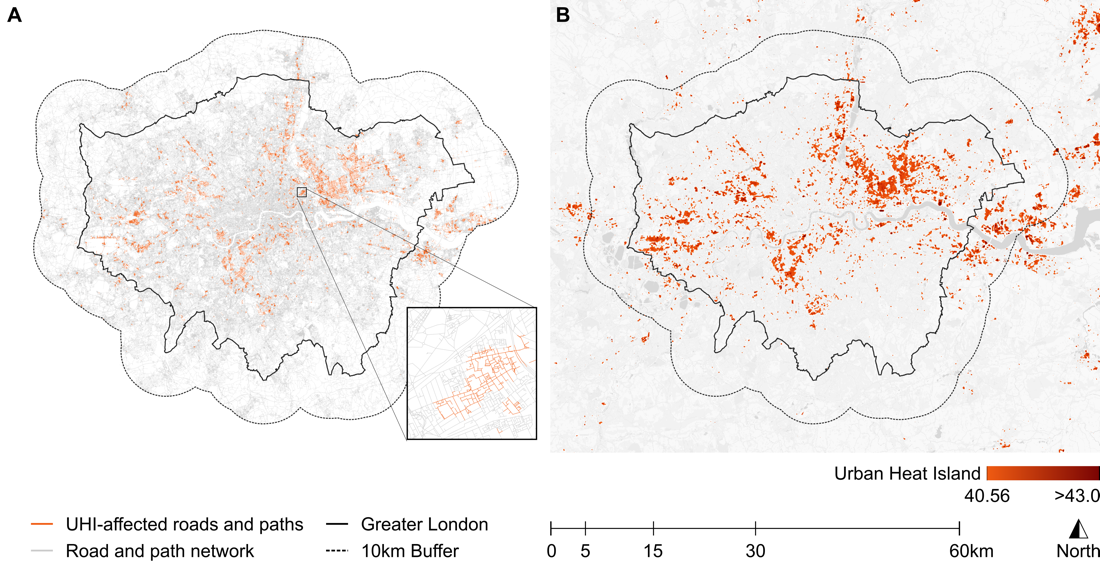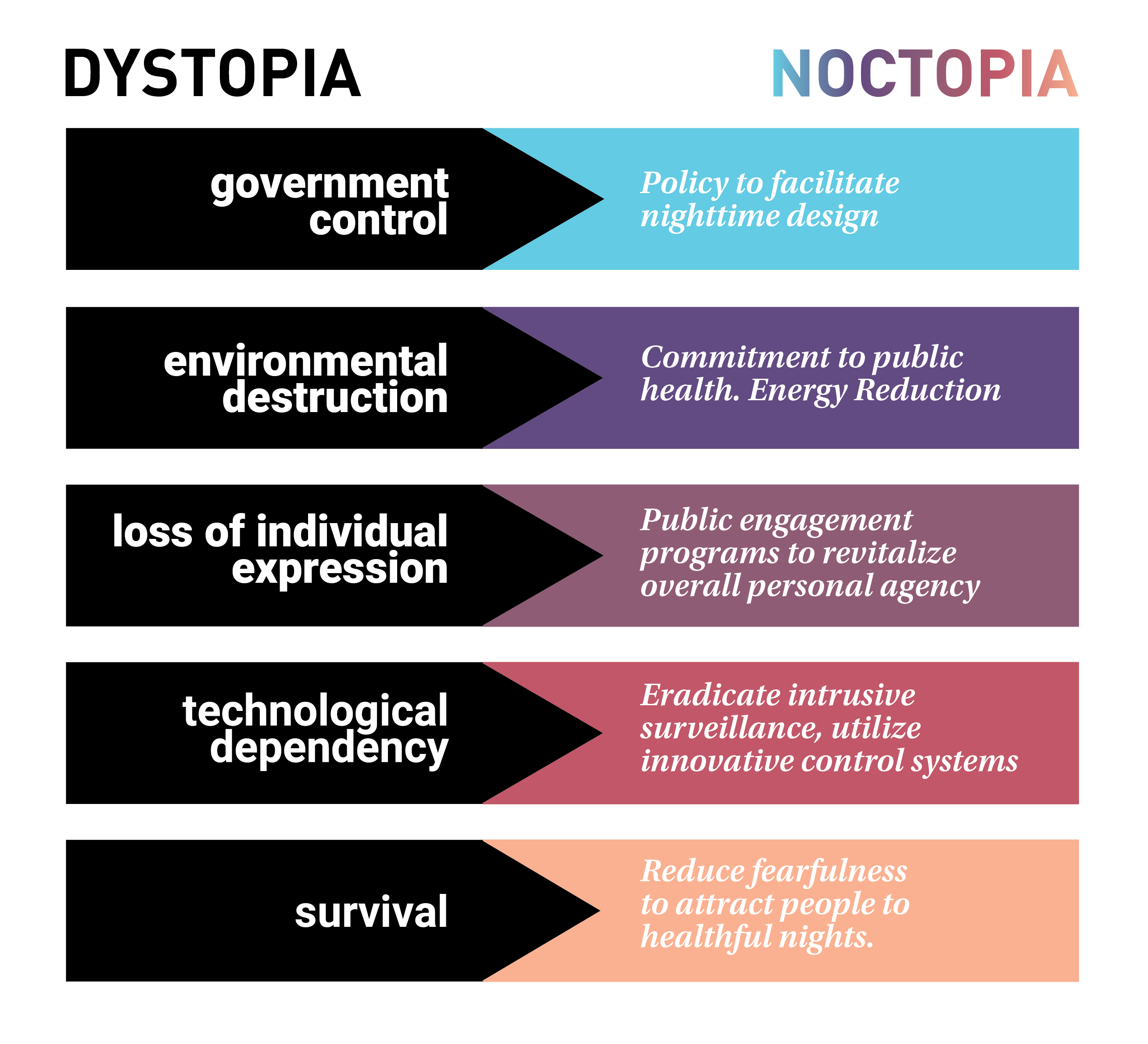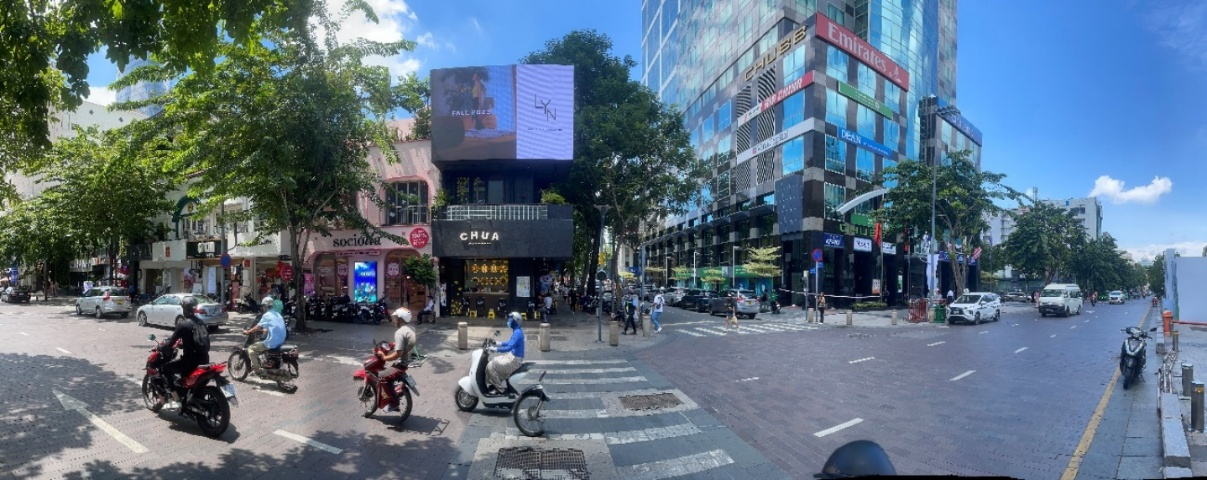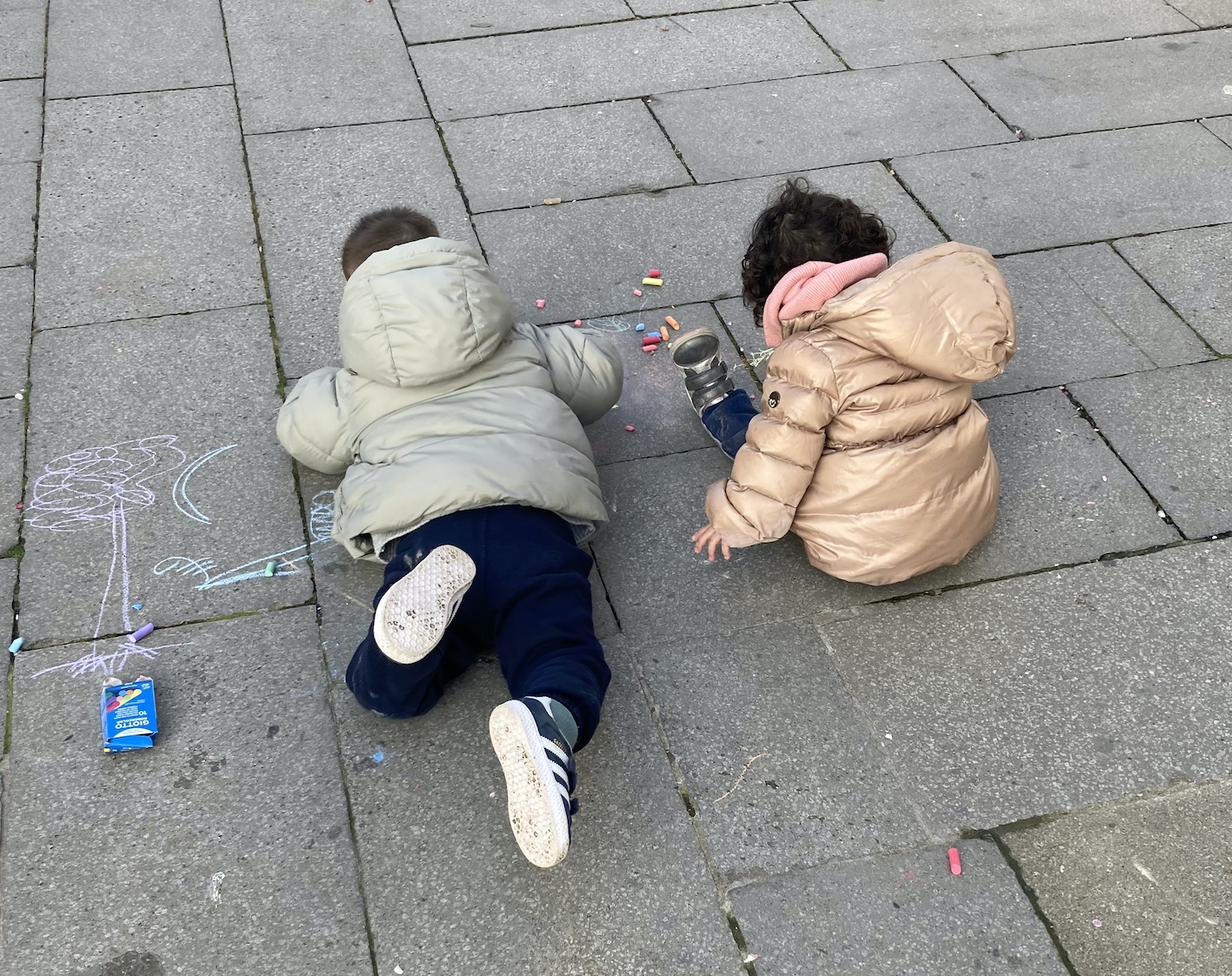Explore City Know-how topics
Topics applied into action
Contribution types help researchers hone writing skills.
Topics assist city makers in developing their vision.
Contributing factors and indicators of climate resilient and healthy cities
Through a literature review, we summarize key contributing factors of healthy, climate resilient urban environments and how these have been measured. Our study adopts a holistic approach to explore how health and climate change co-benefits could be monitored and achieved in cities. We identify indicators that have been used to measure how policies and built environments support healthy, climate resilient cities. This provides valuable insights for planning, prioritization and monitoring of cities internationally.
Heat, smoke, and urban health: Cooling and cleaner air centres as a tool for climate adaptation in a Canadian urban region
Extreme heat and wildfire smoke are a growing concern in cities. Cooling and cleaner air centres can provide a much-needed respite but too often they’re set up reactively and inconsistently. Our study explores what works, what doesn’t, and how cities can design these spaces to be reliable, inclusive, and accessible for all.
Co-designing healthy and sustainable cities: what Paris residents teach us about urban environmental health
This study introduces a place-based model of urban environmental health drawn from residents’ perspectives. • Highlights eight interconnected local parameters of environmental health. • Demonstrates that residents link environmental health to everyday nuisances like noise, air pollution, and lack of safety. • Shows that viable and livable environments depend on inclusive governance and infrastructure decisions. • Offers a replicable approach for other cities to assess urban health from the ground up.
How migration and climate crisis impact the health of migrant populations in Santiago, Chile
Using a qualitative approach, we examined health vulnerabilities and community strategies in response to climate crisis conditions, involving 22 residents from the Toma Nuevo Amanecer informal settlement. Primary data was collected through ethnography, a focus group, and semi-structured in-depth interviews. This approach aimed to understand how extreme weather events, such as landslides, heatwaves, floods, fires, and air pollution, impact migrant communities and their coping strategies.
A case study in developing a Health Impact Assessment from the eyes of a Community
Our collaboration co-created a new methodology reimagining the design, delivery, and management of the Health Impact Assessment using a community lens of the WHOs four interlinking principles: democracy, sustainable development, equity, and ethical use of evidence. We produced an assessment showing the differences between technocratic and experience-led approaches, and shared our methodology with 10 groups from around the UK in a pilot programme who conducted their own exercises locally.
Enhancing urban micro-lungs: Creating green, health-focused corridors in densely populated Cairo
This study on Greater Cairo Region, Egypt, addresses urban challenges through "urban micro-lungs." It explores designing green corridors responsive to local climate and space constraints, emphasizing resilient, public health-focused interventions for hyper-dense cities in the Global South.
How healthcare understands the relationship of energy and health how that impacts on how the issue can be influenced
How people use energy affects their health, current approaches focus on behavioral change or interventions in the home. This strategy discounts the influence of healthcare. To integrate healthcare into this issue we need to engage with how it is already understood within healthcare and what the challenges are.
Cooler kids need greener spaces
Heat exposure and greenness influence health and learning outcomes. Satellite images show schools on the Coast have strong heat stress levels and low vegetation; schools in the Andes have the largest solar radiation. Reforming school infrastructure standards is urgently needed in Ecuador. To describe environmental conditions in nine Ecuadorian schools, we analyzed three variables: temperature, vegetation, and solar radiation derived from satellite images that we downloaded from Google Earth Engine. We compared schools across three ecoregions to see differences in range and average values.
Targeted climate solutions for fairer cities: Reducing urban heat in London’s most vulnerable areas
Our research highlights how some groups in London, like children, ethnic minorities, and lower-income residents, experience hotter areas due to the Urban Heat Island effect. We provide a clear approach for local governments to make climate action fairer and more effective.
Dystopian frameworks portend the future. With climatic upheavals increasing, dystopia is now. Because of escalating urban heat and heat-related illness and death, this essay speculates a future that switches daily activities into the coolness of night: Noctopia.
Can child-friendly walkability be improved in a two-wheel traffic-saturated city like Ho Chi Minh City, Vietnam?
Ho Chi Minh City's motorbike-dependent traffic, severe congestion from overloaded infrastructure, high accident rates among children and pedestrians, and a doubling of overweight and obesity rates among children over the past decade have driven a comprehensive study on children’s walkability. This study serves as a foundation to encourage more walking among children as an initial step toward addressing these critical issues.
This study explores how urban playground design can either segregate or integrate children within the broader city fabric. By comparing Venice and Auckland, we illustrate how playgrounds in Venice encourage unstructured exploration, while those in Auckland limit engagement to isolated, structured zones. We propose strategies for urban design that foster inclusive and dynamic public spaces for children.



